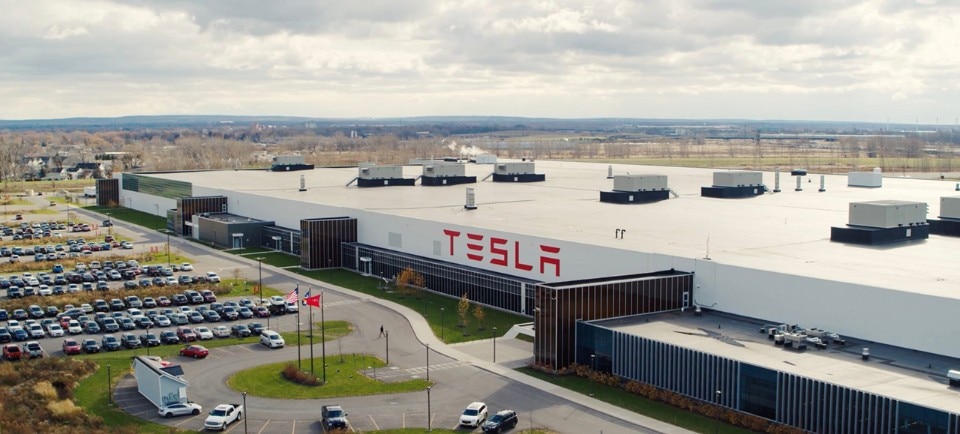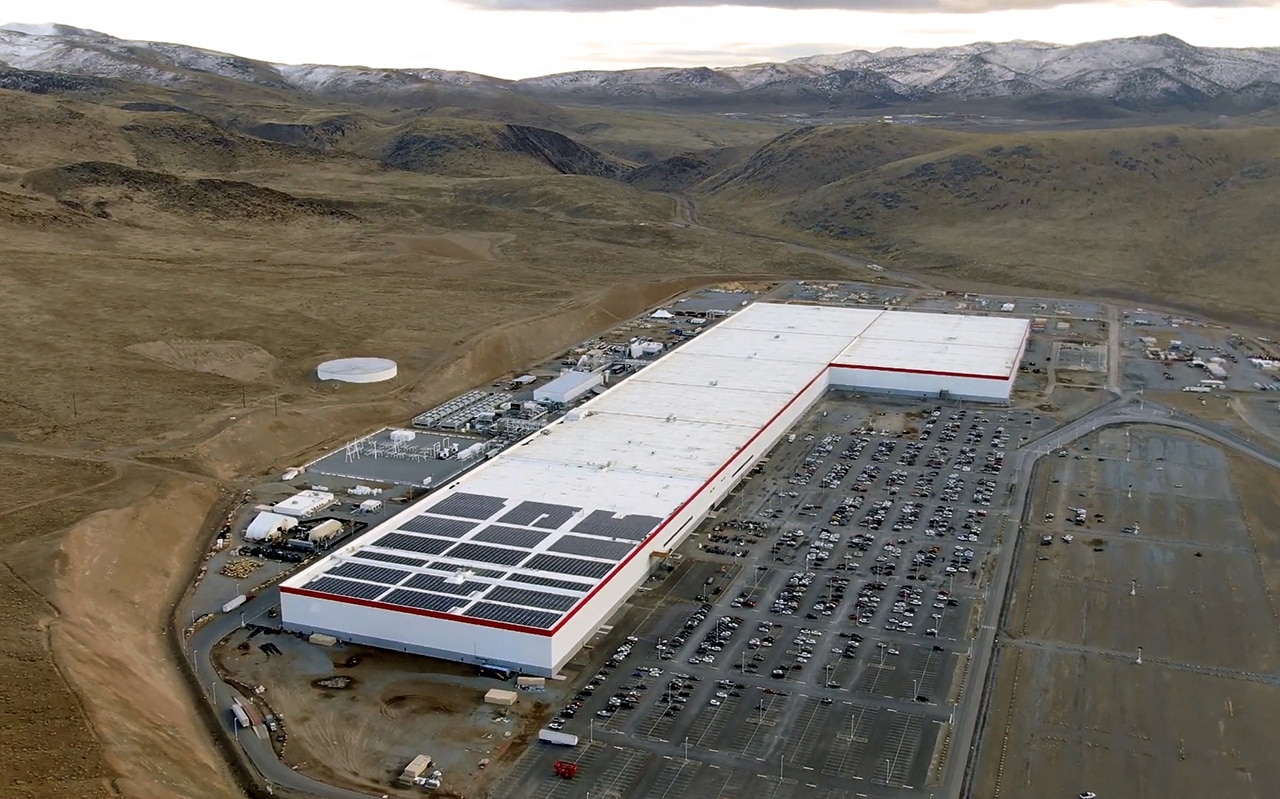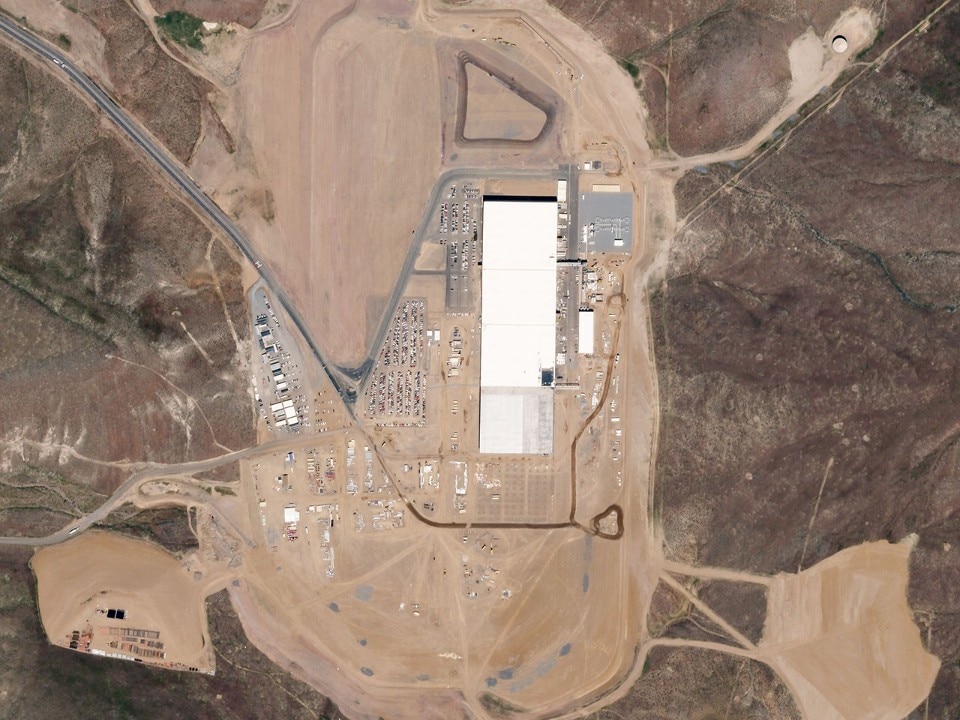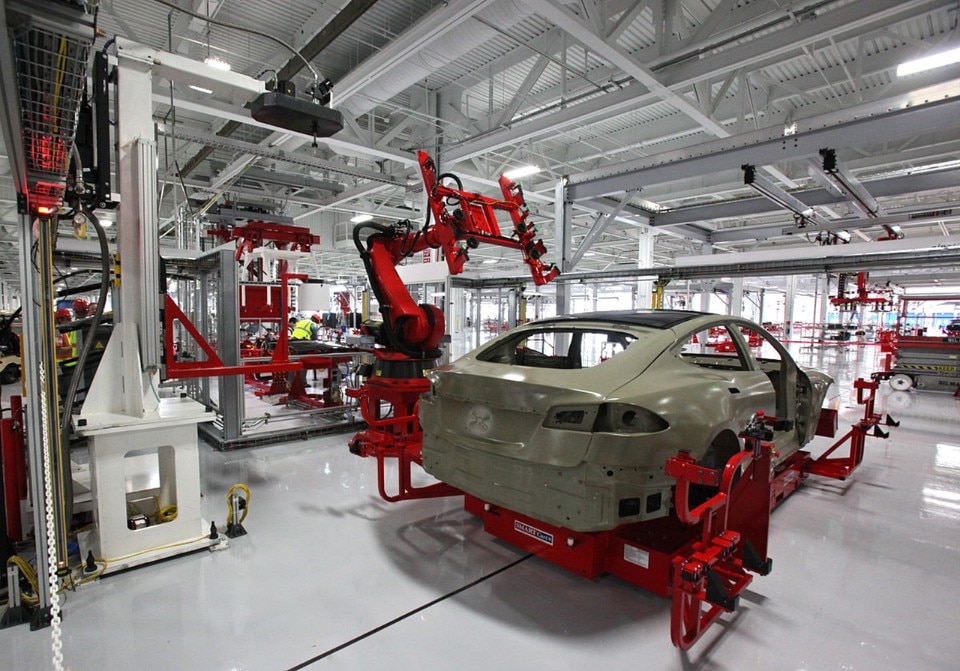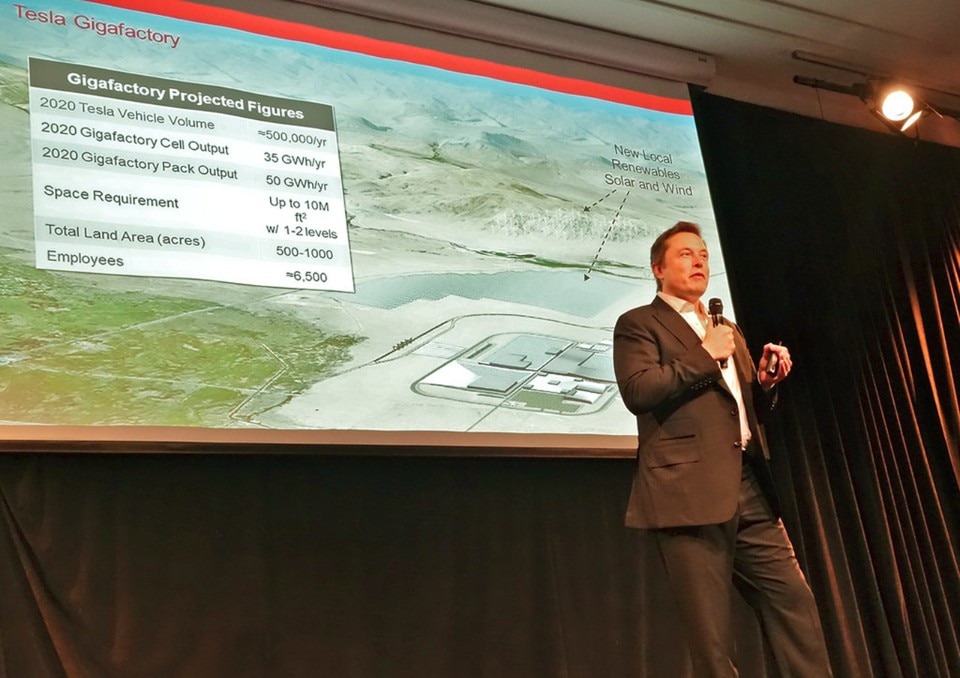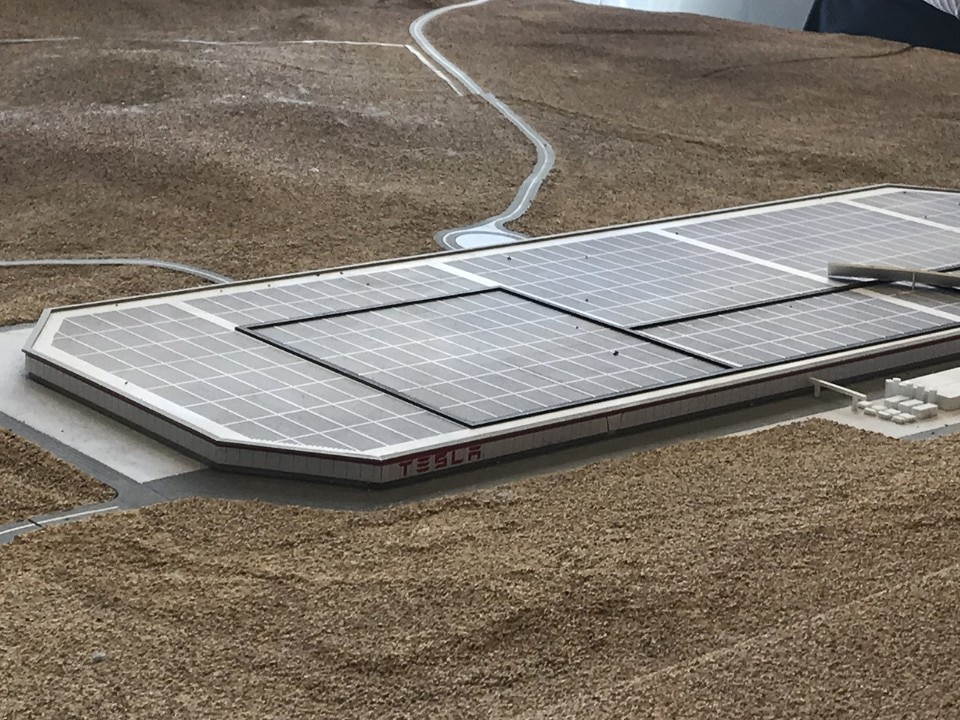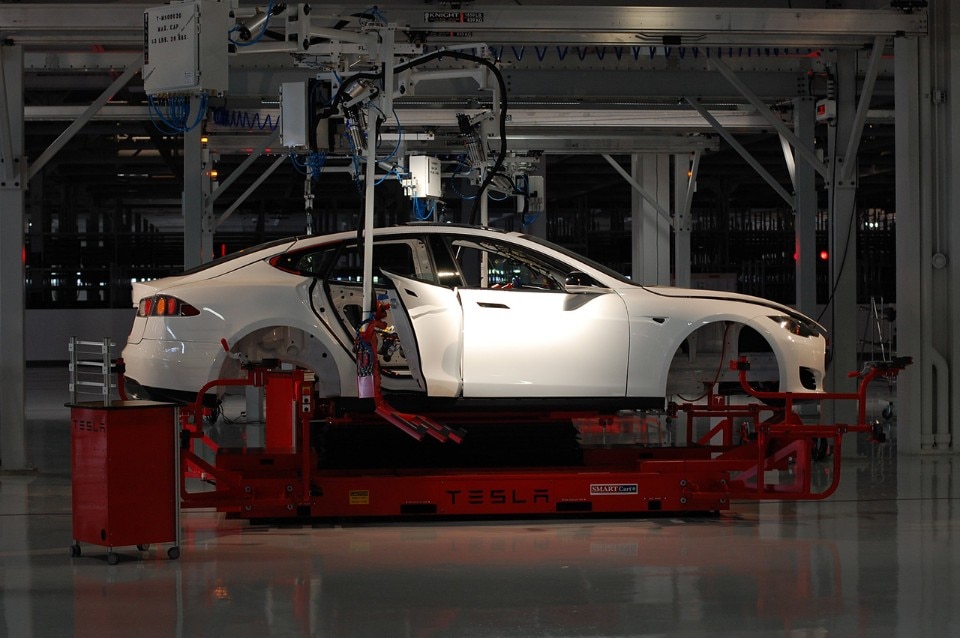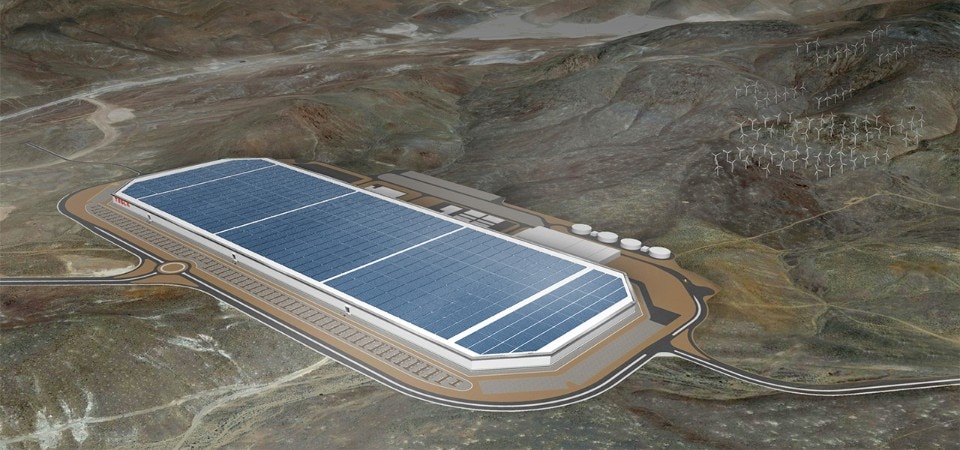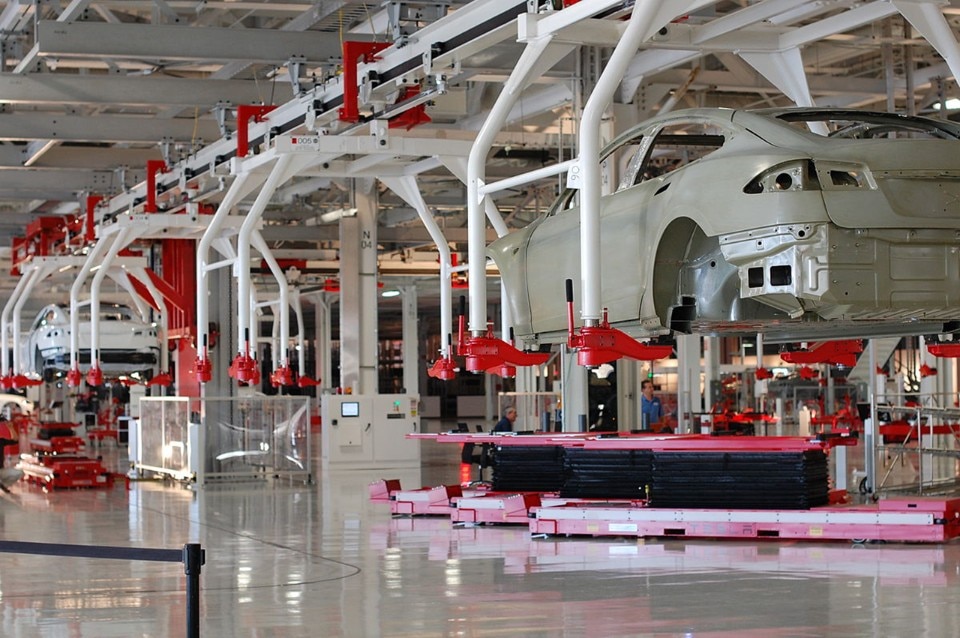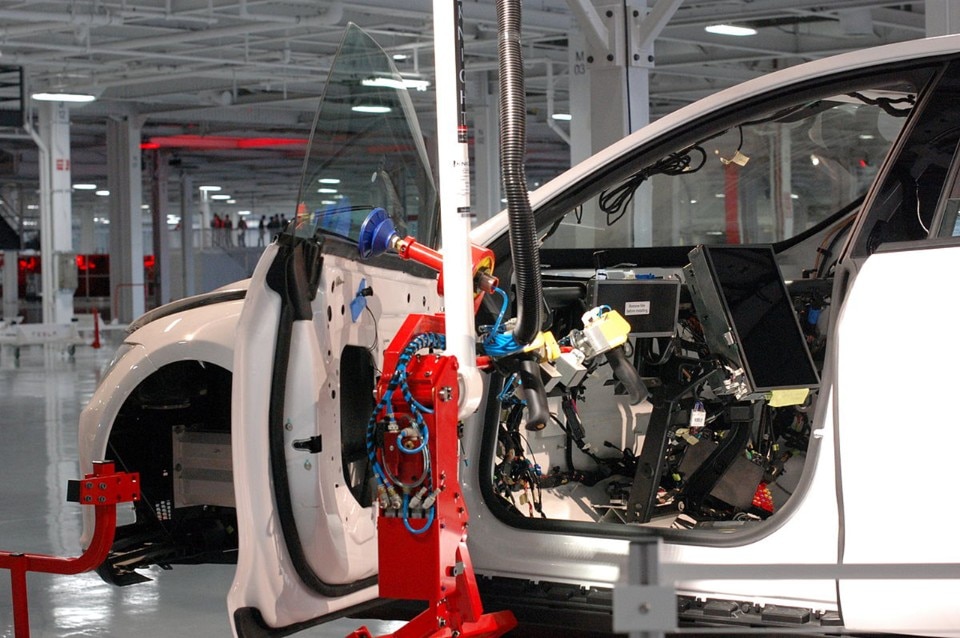For the inauguration of the first Gigafactory – a huge solar-powered battery factory built in 2016 in the US – Tesla CEO Elon Musk was confident that the production of 100 of these mega plants would sustainably meet the demand for electricity across the planet. An impressive statement that was widespread no less than by Leonardo Di Caprio, whom we all know to be the mainstream champion of the fight against climate change.
The Gigafactory are factories of impressive size: the first covers an area of about 1200 hectares, or three times the size of the Central Park in New York. They are entirely covered by photovoltaic panels, which make them energy self-sufficient. Currently there are four plants completed or under construction: Gigafactory 1 is located in Storey County, Nevada; Gigafactory 2 is located in Buffalo, New York; Gigafactory 3, in Shanghai, China; Gigafactory Europe (Gigafactory 4) is under construction in Berlin, Germany.
Despite the techno-optimistic vision of the American entrepreneur and naturalized inventor, the German environmentalists of Gruene Liga Brandenburg strongly oppose the construction of the factory in Berlin, which is expected to produce motors, batteries and also the new Tesla Model Y SUV from 2021.
Despite protests and legal slowdowns, Elon Musk's company announced on 1 March 2020 the completion of land reclamation after felling all the trees in an area of about 90 hectares in just two weeks. Tesla announced that several species of insects and animals that populated the conifers had been saved and that they wanted to replant the felled trees later. However, doubts remain about the immense quantities of water that will be used to feed the production cycle. The plant will consume about 372 cubic metres of water per hour, an amount which, according to the activists, will take a large part of the public water of the region from the citizens.
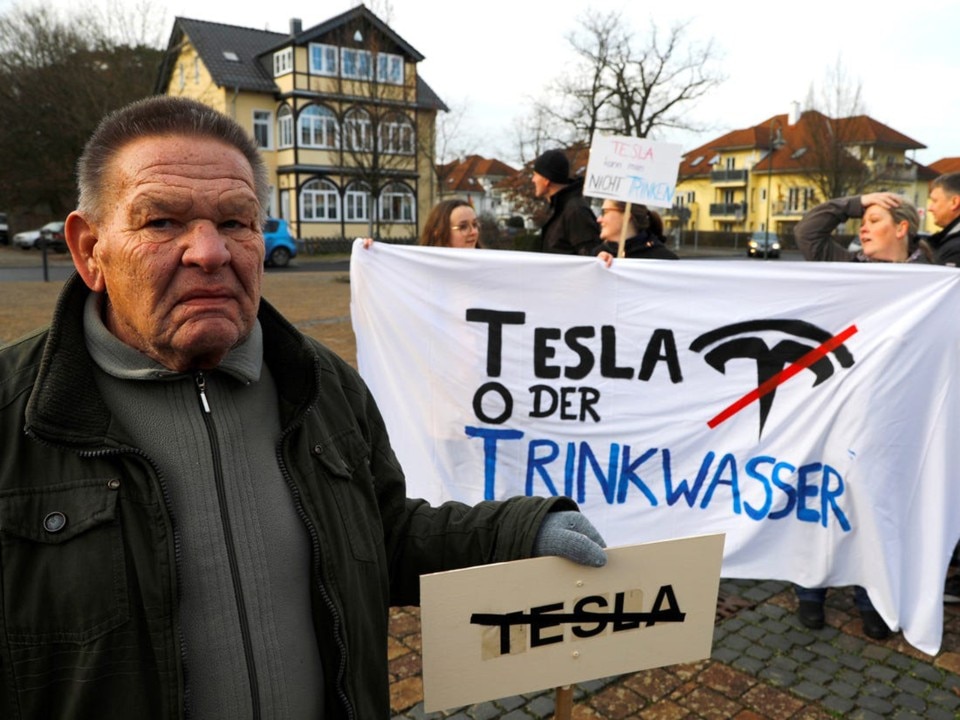
There are several journalistic investigations that question the environmental and social sustainability of the Gigafactory. According to the newspaper USA Today, Gigafactory 1 has strained local resources and brought a “host of complications to the region.” The Guardian recounts the social repercussions of the American plant, favoured by "enormous tax concessions which, according to critics, have seriously impoverished public services". A 2016 article by Wired instead titled “Tesla's electric cars aren't as green as you might think”, and sheds light on the different aspects to consider when evaluating the sustainability of a product.
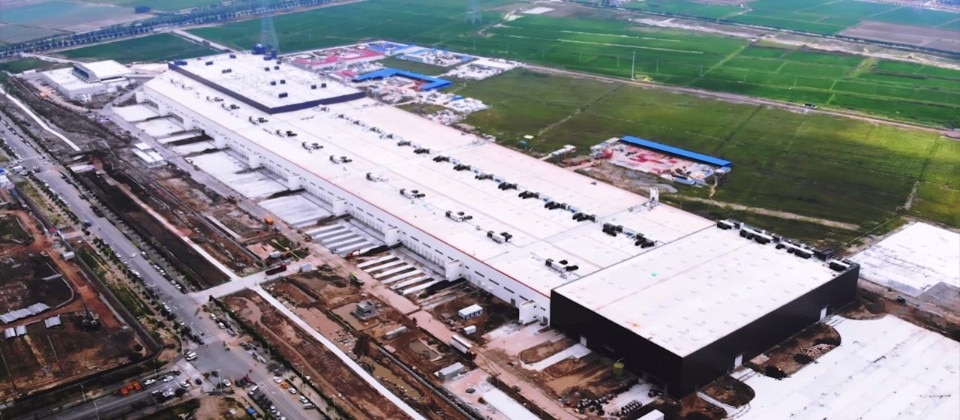
Tesla’s CEO has announced he wants to build at least another dozen Gigafactories around the world, but he also says the other giants in the global industry should follow his model and adhere to his ideas. Musk proposes a hedonistic vision of sustainability, just like the architect Bjarke Inglels, who states with the same confidence in his lectures: “suddenly sustainability actually becomes the more fun, the more enjoyable alternative to what we know.” BIG’s dreamy floating utopias are in line with the perspective of the CEO and boyfriend of the singer Grimes – who by no coincidence titled her latest album Miss Anthropocene.
What is the truth of this kind of projects: are they going in the direction of a sustainable planet or are they just the latest evolution of capitalism, which must turn green to centralise more and more resources and capital?




